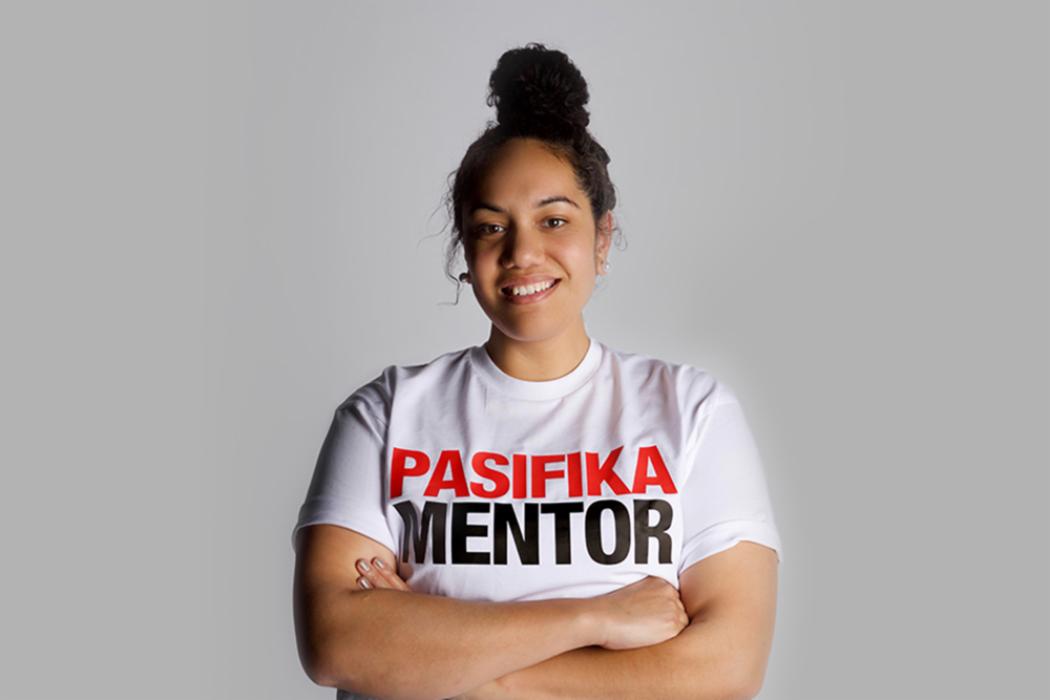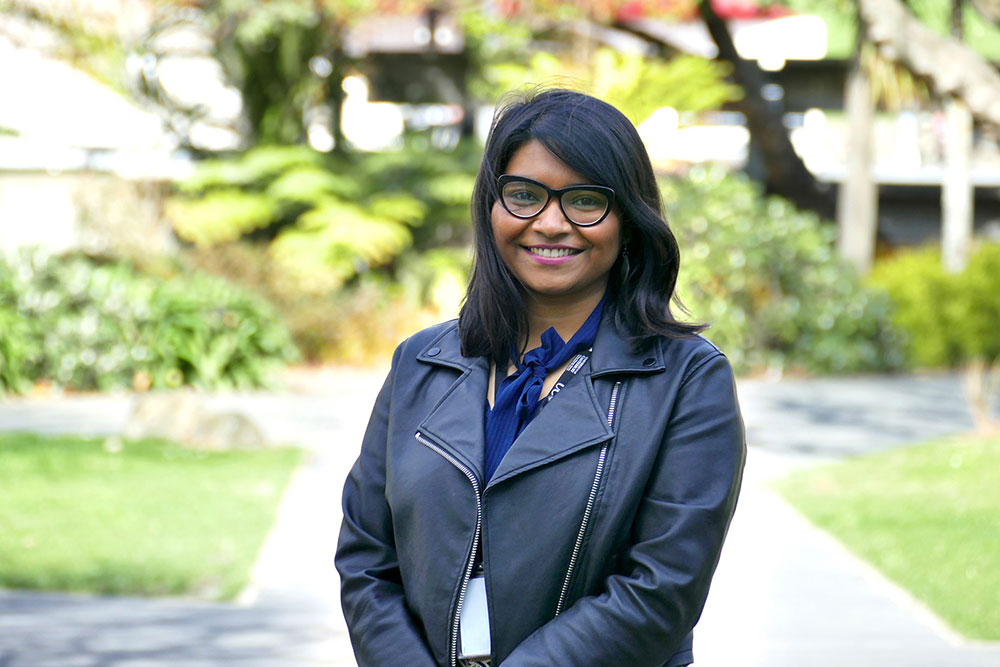Graduates of this degree are employed in a range of jobs — see some examples below.
Note: Some of the jobs listed may require postgraduate study. See the ‘Further study’ section.
Education advisor / consultant
- Works with teachers to develop teaching programmes to increase student achievement
- Designs and creates teaching resources
- Assists with school implementation of new education priorities and policies
Special education / early intervention teacher
- Teaches children with diverse learning needs
- Evaluates special needs, working with whānau and teachers to develop learning plans
- Recommends and coordinates support services, treatment and therapy
Child advocate, community support officer
- Promotes well-being and conditions for children
- Works with children and their families to address education, care or social issues
- Tackles policies that negatively impact children
Guide / leader / mentor | kaiārahi
- Supports people to reflect biculturalism
- Identifies opportunities and reviews processes to achieve organisational Māori aspirations
- Connects with contributors, leaders and knowledge guardians
Policy analyst / advisor
- Identifies and investigates issues and opportunities eg, in society, law or governance
- Interprets existing policies and briefs leaders
- Prepares reports and recommends changes
Careers counsellor
- Assists clients in developing career decision making and job search skills
- Provides information about education and training options
- Delivers career education seminars
Learning advisor, education platform director
- Develops learning resources or courses
- Uses technology to deliver training
- Advises how to develop skills
Teacher of English for speakers of other languages
- Assesses a student’s reading, writing, speaking and listening skills and needs
- Designs and prepares learning materials
- Presents lessons or tutorials
Counsellor
- Helps a client to share feelings and experiences
- Listens to and reflects upon the client’s issues
- Raises self-awareness and understanding
Project manager / coordinator
- Manages a project plan, budget and schedule
- Supervises project progress and manages risks
- Liaises with project staff and clients
Librarian
- Categorises and catalogues library materials
- Selects materials for library use
- Helps customers find and use materials
Sports coach
- Assesses a person’s strengths and weaknesses
- Advises how to optimise performance
- Inspires confidence, discipline, teamwork
Teacher (primary or secondary)
- Plans and delivers instructional lessons
- Evaluates performance and provides feedback
- Sets and marks assignments and tests
Lecturer
- Prepares and gives lectures and tutorials
- Sets and marks assignments and exams
- Conducts research, writes and publishes articles
Entrepreneur and CEO
- Develops an idea to form their own business
- Gets involved in a start-up
- Offers freelance or consultancy services
Get started with Entrepreneurship here





